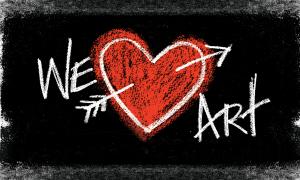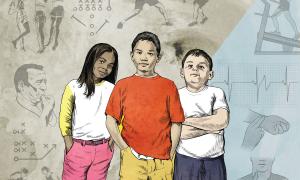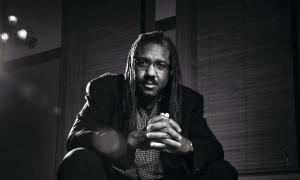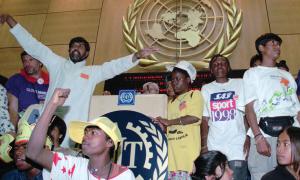Join the conversation on priority social justice, civics and democracy issues and find resources, suggestions and news.
We ♥ Art!

Arts programs battle budget cuts and perceptions that they’re “extra” classes. But they’re the main reason many struggling students stay focused on school.




